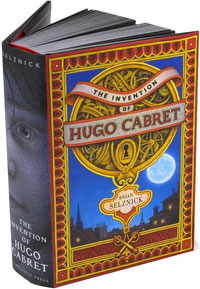Lafcadio
 Question: Is it a success or a failure when my five-year-old bursts into tears at the end of a book?
Question: Is it a success or a failure when my five-year-old bursts into tears at the end of a book?
I should add that they weren’t tears of disappointment that the story was ending. Nor were they tears of joy. They were tears of heartbreak.
Shel Silverstein’s Lafcadio: The Lion Who Shot Back is a chapter book, generously illustrated with spare line drawings of the sort that adorn the pages of The Giving Tree. It’s a little awkward to read aloud at times because the first-person narrator, “Uncle Shelby,” is intrusive. But this didn’t bother my audience. The tale begins with Lafcadio, a talking lion, engaging in an intelligent and curious conversation with a hunter who answers his questions, then shoots at him. He misses. Lafcadio eats him, and learns to shoot.
What follows is a rambling tale — let’s call it a picaresque — in which our hero is taken to the city and made a star. He eats lots of marshmallows. He wins many fans. He’s in a parade. He returns to the other lions and feels he doesn’t fit in. Neither does he fit in at the city. The story concludes with Lafcadio wandering off by himself because he doesn’t belong in either of the two settings he has to choose from.
When asked, my five-year-old declares passionately, “Oh I loved it.” Yet from the outside looking in, her tears made me sad. I almost wished I hadn’t read it to her. I think she felt the way I used to (still do?) when Rudolph floats away on the iceberg, his friends asleep on the shore, the abominable snow monster roaring beyond the hillside. “I cried because I was afraid he’d go someplace and get hurt,” she says. The book is clearly effective art; it got a response. But it was surprising to me.


